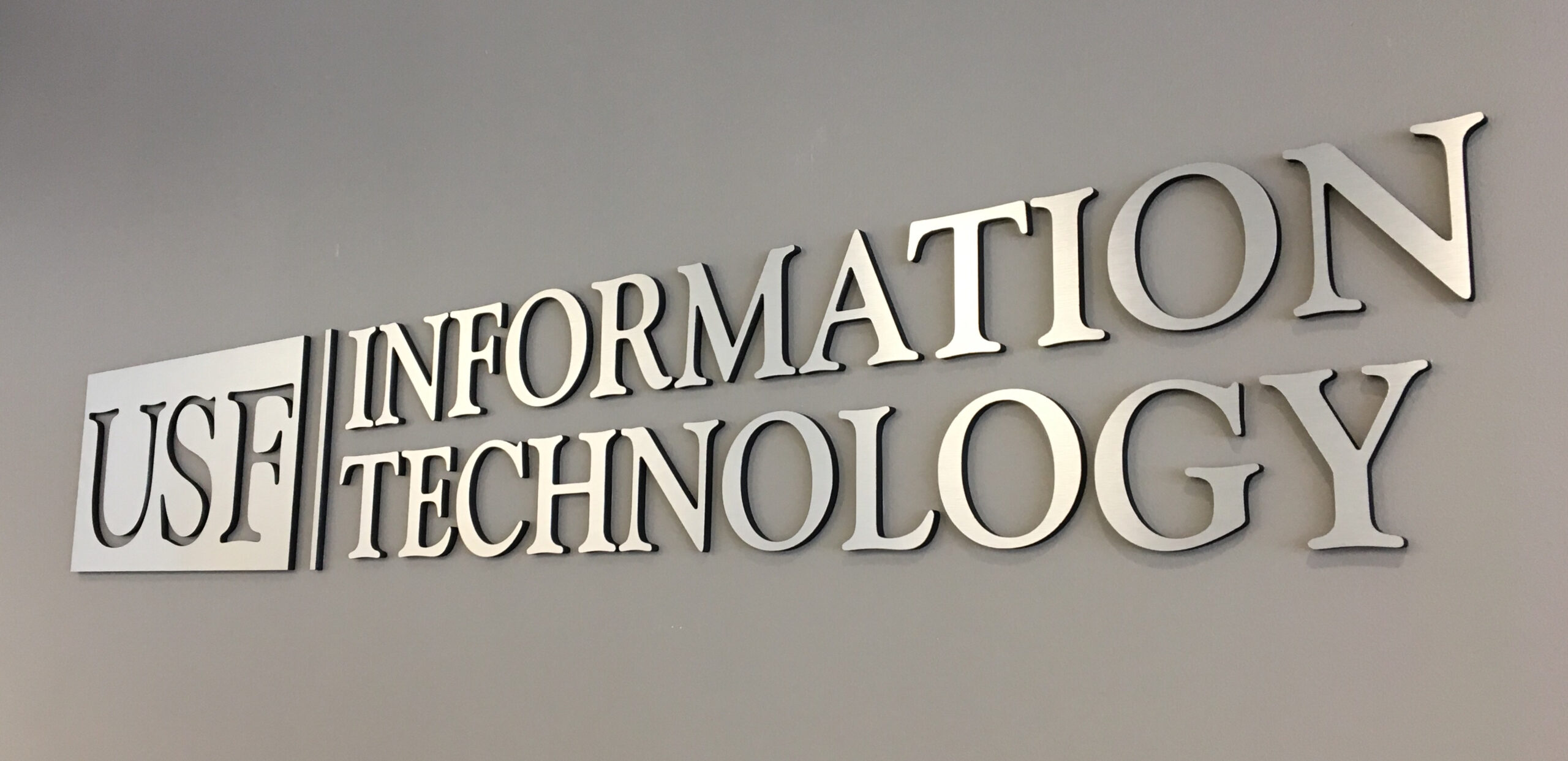IT addresses ongoing email scam issue

Many students may have received a scam email from “Blake Laferty” in which fake part-time employment is being offered, prompting some students to take to social media to express their frustrations.
The USF Information Technology (IT) department responded with a solution they hope will prevent more students from getting scammed.
IT began flagging emails from non-USF email addresses in December, and students started seeing the flags when they returned from winter break.
Fake emails appearing to be from Handshake — the online job database students can use to get in touch with employers — have continued to target student and employee emails.
In the Class of 2019 Facebook group, student Elisha Turaniczo shared a screenshot of the scam email from Blake Laferty in which other students commented that they received the same job offer.
Similarly, in the Class of 2021 group, chemistry student Samantha Aguilar made a post urging students not to respond.
“If you’ve received an email from a David Baraz claiming to work for Handshake and a job offer to work as a virtual assistant DO NOT RESPOND IT IS A SCAM!!!!” Aguilar wrote in the Facebook post.
The emails attempt to solicit money from unsuspecting college students by promising lofty positions without the need for a U.S. Employment Authorization document, or work permit, usually emailing students from seemingly legitimate email addresses.
“People don’t fall for these scams because they’re dumb,” said Dennis Guillette, director of security operations and engineering for IT. “They see one of 50 emails they looked at in the last 10 minutes and see a seemingly important email, and so they may follow the instructions without double-checking.”
In response to the influx of emails being sent to USF students and employees, IT has begun to flag them as “coming from an external source.”
If the email isn’t found to be a “usf.edu” email or some partnered business exception, the mail will be flagged at the top for students. The information within the email is not edited or moderated by IT.
“The purpose of this is so that people are not mistaking an email address from something that is coming [from USF],” Guillette said. “It gets people’s warnings up and then they double-check that email.”
On Saturday, students received an email from Career Services addressing fake Handshake emails, urging them to contact Career Services if emails do not come from an “@___.joinhandshake.com” address.
IT advised students to remain vigilant when dealing with important emails.
“The No. 1 tip I tell students is to not click on links. That’s the easiest way to solve the problem,” Guillette said. “Just, be careful with what you share, and be careful with what you click.”







